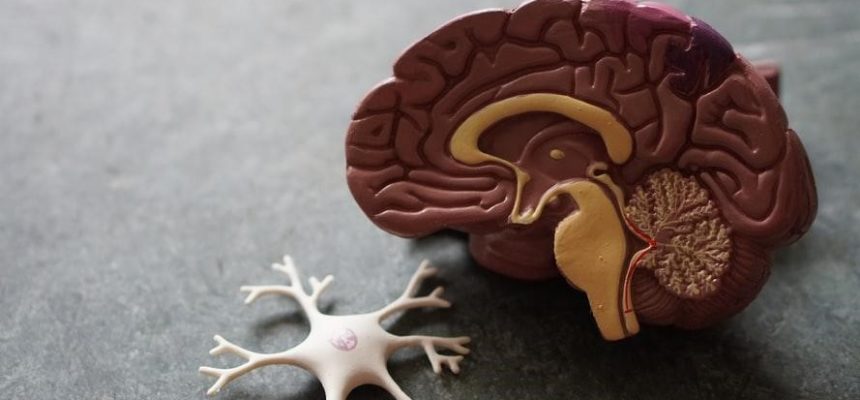
Healing an Addicted Brain in 2019: The Brain in Recovery
Addiction is a disease of the brain. While you can make the choice to pick up a drink or start using a drug, once your brain is addicted, it’s out of your control. That’s when something like an outpatient alcohol rehab program becomes necessary.
When you become addicted, your behaviors can become impulsive, and your brain naturally starts craving the substance you’ve been abusing. As a result, it can tell you to get more of that substance, no matter the cost.
Even if you try to “heal” your addicted brain on your own, it can be a struggle, leading to symptoms like depression, anxiety, and even sweating and vomiting.
So, how can you truly heal an addicted brain?
Change the Way You Think
Changing the way you think might sound easier said than done, and it’s true that it isn’t necessarily a walk in the park. That’s why outpatient rehab is often so beneficial. It allows you to learn more about your own thoughts and how your brain has become addicted to a particular substance.
To change the way you think about addiction, you have to understand a few things. First, learning as much as you can about addiction itself and how it can impact your life might start to change your views on things. Second, learning your triggers and the possible underlying causes of your addiction can help you to feel more in control. You can work on avoiding those triggers as much as possible—and getting to the bottom of why your addiction started can help you to avoid certain cravings.
For example, if you drink more around certain people, or around specific places, avoid those things. If you pick up a drug when you’re stressed, find other ways of managing those feelings.
Treatment and Recovery

There are so many possible treatment options for addiction. They range from outpatient substance abuse treatment programs to medications and therapy. Each type of treatment has its own benefits and works for different types of people.
What’s most important is that you find what works for you. Because addiction is a brain condition, psychotherapy and motivational enhancement therapy are often used to help addicts manage the issues of their addiction and refrain from using. Group therapy is another popular option.
Some people also benefit from medications designed to curb any cravings they may have for drugs. Medications can also help with withdrawal symptoms, making it easier to come down from the drug itself.
Understanding the Recovery Process
Many people who are addicted to drugs and/or alcohol go through a 12-step recovery process. Twelve-step programs help people to understand and identify the disease of addiction and work through it to prevent relapse and reach long-term sobriety.
Relapse can happen quite easily, even after going to an outpatient rehabilitation center. The more you understand and actively participate in the recovery process, the sooner you can get back on track instead of falling into a downward spiral after a relapse.
It is possible to find freedom from addiction. You just have to be committed to re-training your brain and putting yourself in control once again. The good news? You don’t have to do it alone. If you’re struggling with addiction and you’re ready to get help, or you know someone else who needs to break the cycle of addiction, please contact Yellowstone Recovery today.








